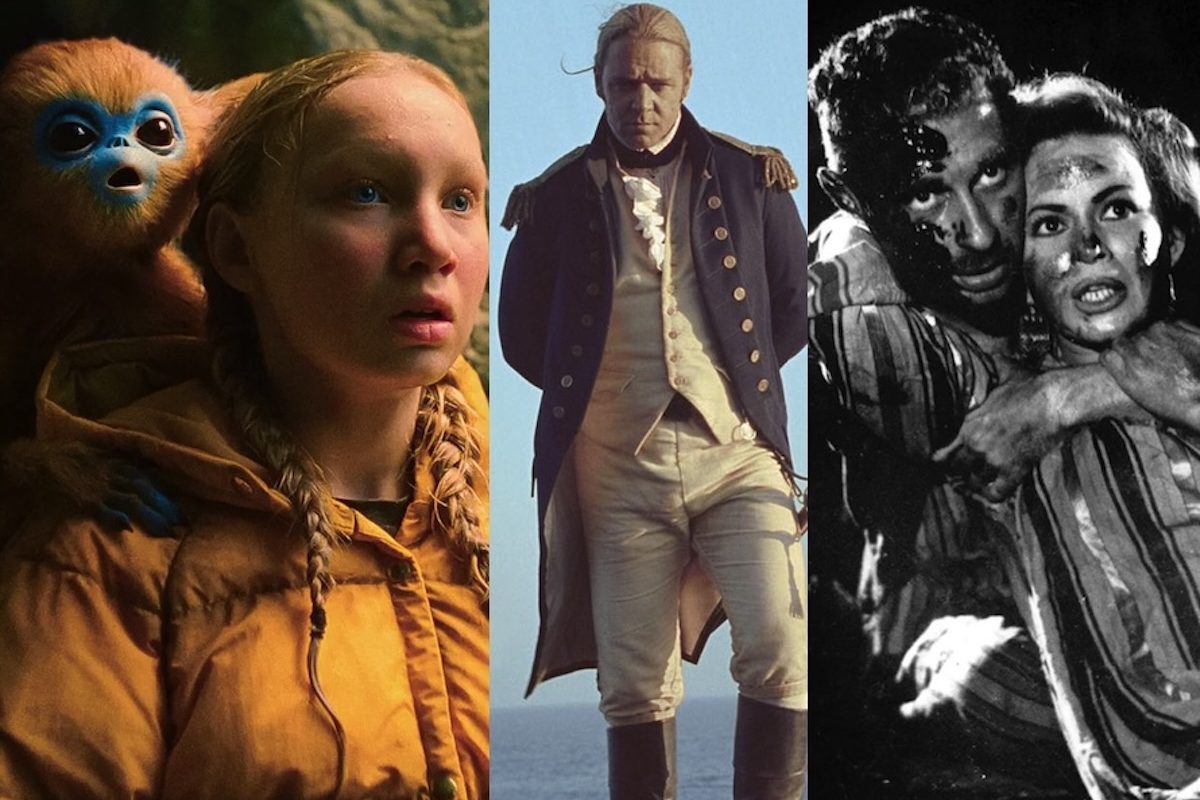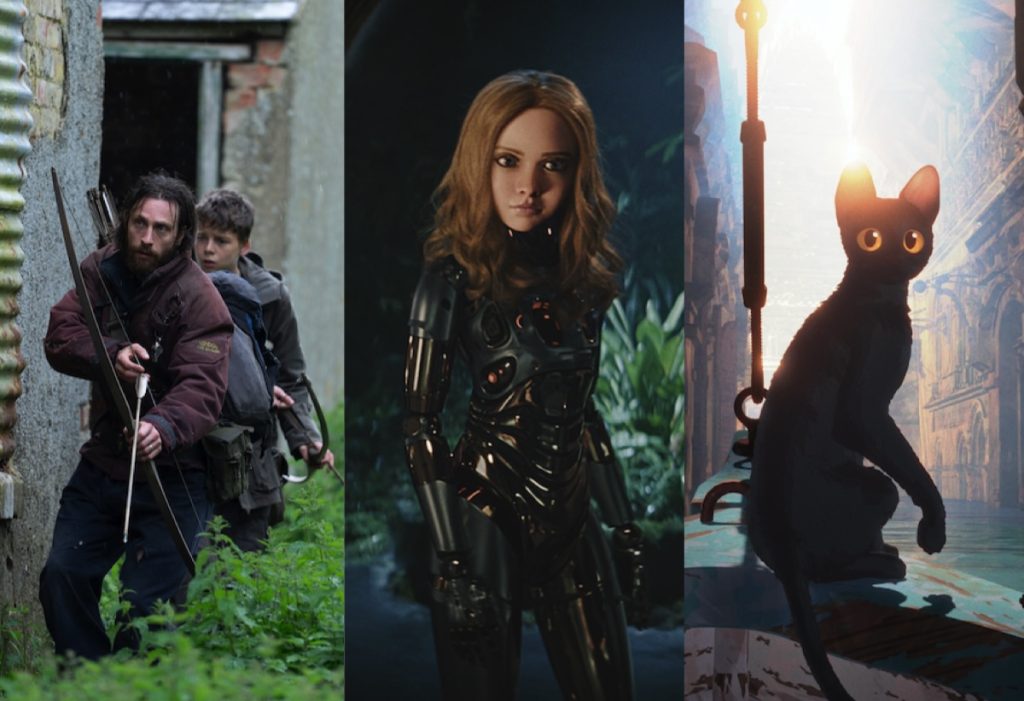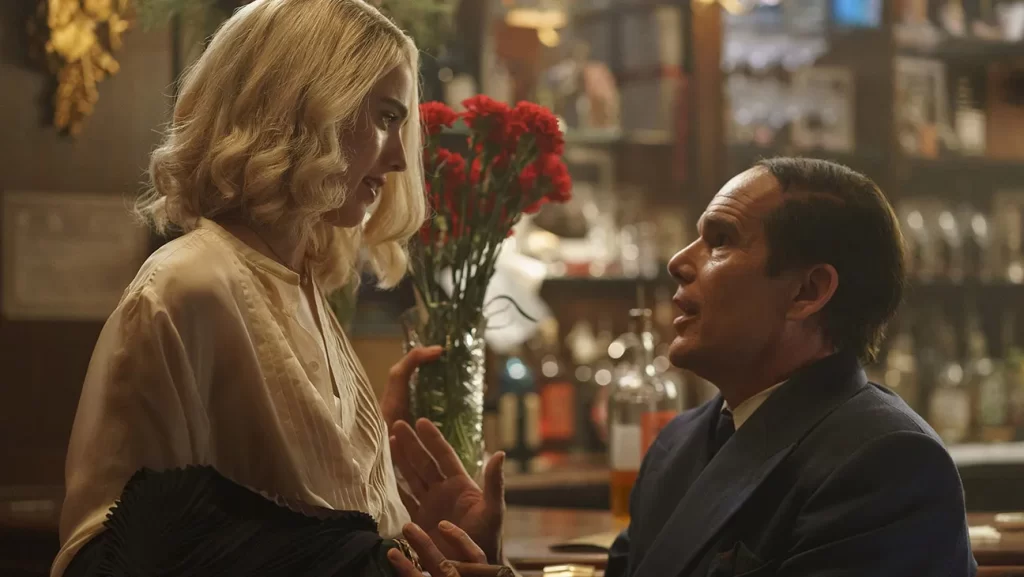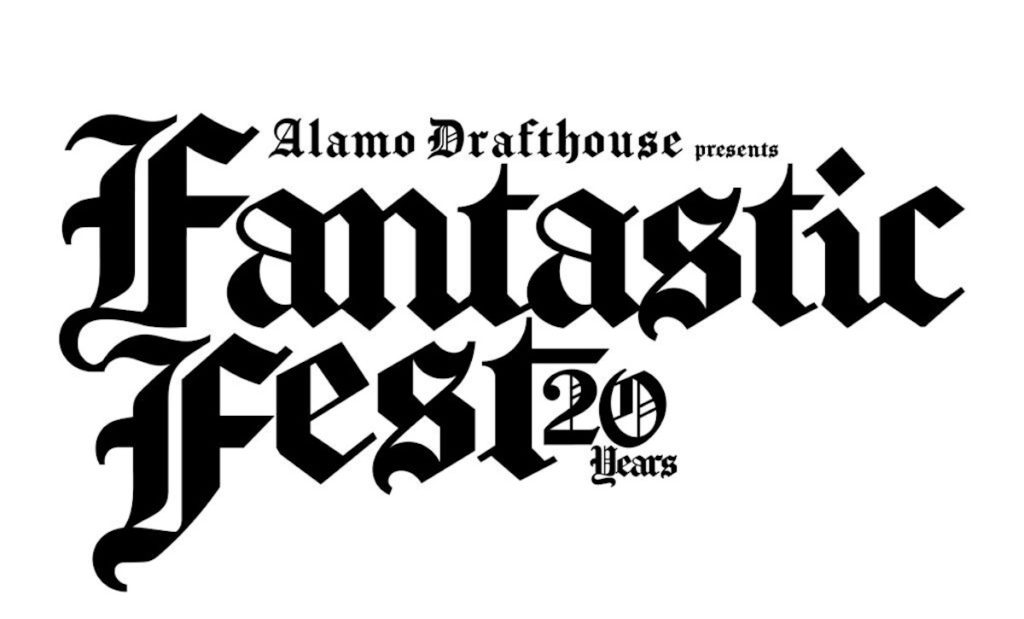Every Tuesday, discriminating viewers are confronted with a flurry of choices: new releases on disc and on demand, vintage and original movies on any number of streaming platforms, catalogue titles making a splash on Blu-ray or 4K. This twice-monthly column sifts through all of those choices to pluck out the movies most worth your time, no matter how you’re watching.
PICK OF THE WEEK:
Master and Commander: The Far Side of the World: A commercial disappointment upon its 2003 release, Ridley Scott’s adaptation of Patrick O’Brian’s Aubrey–Maturin series has since become of the most revered titles in all of Dad Cinema, so Disney’s new 4K release should find plenty of willing buyers. And it’s a contemporary classic for a reason; it’s the kind of brainy yet expansive, nuanced yet spectacular literary epic that was once a cornerstone of the industry, and we’re lesser for its loss. Captain Aubrey has become one of Russell Crowe’s signature roles, a splendid vehicle for his unique mixture of brawn and soul, while Paul Bettany is spot-on as his right-hand man, and the picture looks and sounds better than ever in this first-rate 4K presentation. (Includes deleted scenes and trivia track.)
ON HULU
True History of the Kelly Gang: Justin Kurzel’s dramatization of the life and times of notorious Australian outlaw Ned Kelly – a folk hero whose outsized legend passed down from one generation to the next, with new fictions grafted on in every iteration – wisely apes that folk-tale quality, dazzling us with his flashy camera choreography, filling his frames with colorful personalities and operatic exaggerations, the better to distract us as he quietly loads the film with subtextual indictments of toxic masculinity and nihilistic criminality. George MacKay comes up a touch short in the lead, but the supporting cast lifts him up; of particular note are Nicholas Hoult as the shockingly amoral villain of the piece, and Russell Crowe, channeling Orson Welles channeling Falstaff, as the affable fellow who takes young Ned under his wing and teaches him to ruthlessly rob. True History gives you the manic exhilaration of the best crime movies, but at a cost – its closing scenes burn it all down with unexpected force.
ON BLU-RAY / DVD / VOD:
The Legend of Ochi: A24 isn’t a big presence in the family movie space — it’s hard to blame them, what with the dual domination of Disney and Illumination — but this fantasy adventure from first-time writer/director Isaiah Saxon is well within the label’s throwback spirit. Saxon is working less in the mold of contemporary family filmmaking than that of ‘80s films like The Dark Crystal, Return to Oz, and The NeverEnding Story, movies that weren’t afraid to sprinkle a bit of darkness into their narratives. (Its title creature is a practical puppet, and an incredible one, so mark that up as a win as well.) The vibes of the quaint little village at the story’s center are immaculate, leading lady Helena Zengel is charismatic without straining for sympathy, and Willem Dafoe is so perfect for her dad, you wonder if they could’ve even made the damn thing had passed on the role. (Includes audio commentary, deleted scene, and featurette.)
ON 4K:
Cairo Station: Egyptian director Youssef Chahine joins the Criterion Collection with his 1958 cause célèbres, set entirely at the train station dubbed “the heart of the capital” by Madbouli (Hassan el Baroudi), the kindly newsagent who sees and hears all. In the opening scenes, Chahine seems to have created something of a slice-of-life workplace comedy, observing the normies, weirdos, and in-betweens that both make their living at the Cairo Station or pass through it on their way to their real lives. But when Madbouli takes pity on the drifter Qinawi (played by the director himself) and gives him a job, things take a decidedly more sinister turn. The result feels both geographically specific and altogether universal, just as its characters are simultaneously of their moment and distressingly of ours. (Includes documentaries, new and archival interviews, and essay by Joseph Fahim.)
The Burmese Harp: And two of Kon Ichikawa’s 1950s efforts get the 4K boost from Criterion. First up is this 1956 antiwar drama, set in the last days of WWII. It’s the story of an army unit, and an unconventional one; their captain went to music school and taught them how to sing, which gives us the incongruent sight and sound of men on the march while harmonizing. Ichikawa can create moments of both stunning beauty and harrowing horror, while the texture and compositions of his black-and-white images are simply stunning, especially in 4K. (Includes interviews, trailer, and essay by Tony Rayns.)
Fires on the Plain: Ichikawa’s 1959 marvel is, in many ways, a continuation — bleak from the jump, as a soldier sick with tuberculosis shuffles back and forth from his platoon back to an overburnened hospital to the battlefield, in a perpetual state of exhaustion and shoelessness. It’s a dead man’s walk, for all intents and purposes, and the director seizes on both its literal and metaphorical possibilities, creating a vivid picture of the senselessness (and the Kafka-esque logic) of war itself. The battle scene, when it comes, is muddy, scary, and grim, but it’s not really a “war movie”; it more of a Zen meditation on the precarious mental state of being in battle. (Includes introduction, interviews, and essay by Chuck Stephens.)
Convoy: It probably seemed like some real sell-out shit when Sam Peckinpah, smarting from the one-two punch of the ill-received The Killer Elite and Cross of Iron, made what looked like a Smokey and the Bandit rip-off that was based on a country novelty song. But against those odds, Convoy is a hoot, transcending its hickspolitation roots thanks to Peckinpah’s level-headed orchestration of its wild, unruly, Altman-eseque ensemble and the intelligent script by Cisco Pike writer/director B.W.L. Norton. He writes another peach of a role for Kris Kristofferson, who we buy as a long-haul trucker the moment he saunters onscreen; he also wisely wallows in the lingo rather than explaining it, letting us figure it all out as we go. Peckinpah delivers the expected automotive shenanigans, but tempers them with moments of melancholy, and an overriding sense of institutional cynicism that’s most welcome indeed. (Includes audio commentaries, documentary, video essay, deleted scenes, featurettes, interview, TV and radio spots, and trailer.)
ON BLU-RAY:
An Evening with Rodney Ascher: Mr. Ascher, best known for the feature-length deep-dive into Kubrick conspiracy theories Room 237, is something of a merry prankster of documentary cinema, and this compilation disc from Dekalog collects several of his entertaining short films into a mostly successful package. Some are shorts of varying veracity, like “The S From Hell” (concerning the reportedly haunting Screen Gems stinger on TV reruns) and “Doris Wishman Directs a Music Video” (that title is pretty self-explanatory). But he also engages in pop culture-obsessed flights of fancy, like a wry exploration of the villain of Death Wish 3 and the story of a classical composer who “sells out” by making a spooky sound effects record. Some hit more than they miss, but all are worth a look, and the centerpiece section, “Primal Fear,” is as good as any of his features — which is not a small compliment. (Includes additional short films.)
Stop, Look, and Laugh: This 1960 feature-length compilation film (making its Blu-ray debut from Sony) is a bit of a mixed bag, attempting to apply the formula of Robert Youngson’s nostalgia clip films like The Golden Age of Comedy and Days of Thrills and Laughter to the Three Stooges, who were then enjoying a renaissance via television airings of their slapstick shorts from the ‘30s and ‘40s. The eleven excerpted shorts are all good ones, making this a fine introduction to the team (in their Larry, Moe, and Curly iteration) for newbies; the trouble is that the bridging material, featuring justly forgotten ventriloquist Paul Winchell, is rarely funny at all. But the Stooges material is strong enough that fans likely won’t mind. (Includes trailer.)



